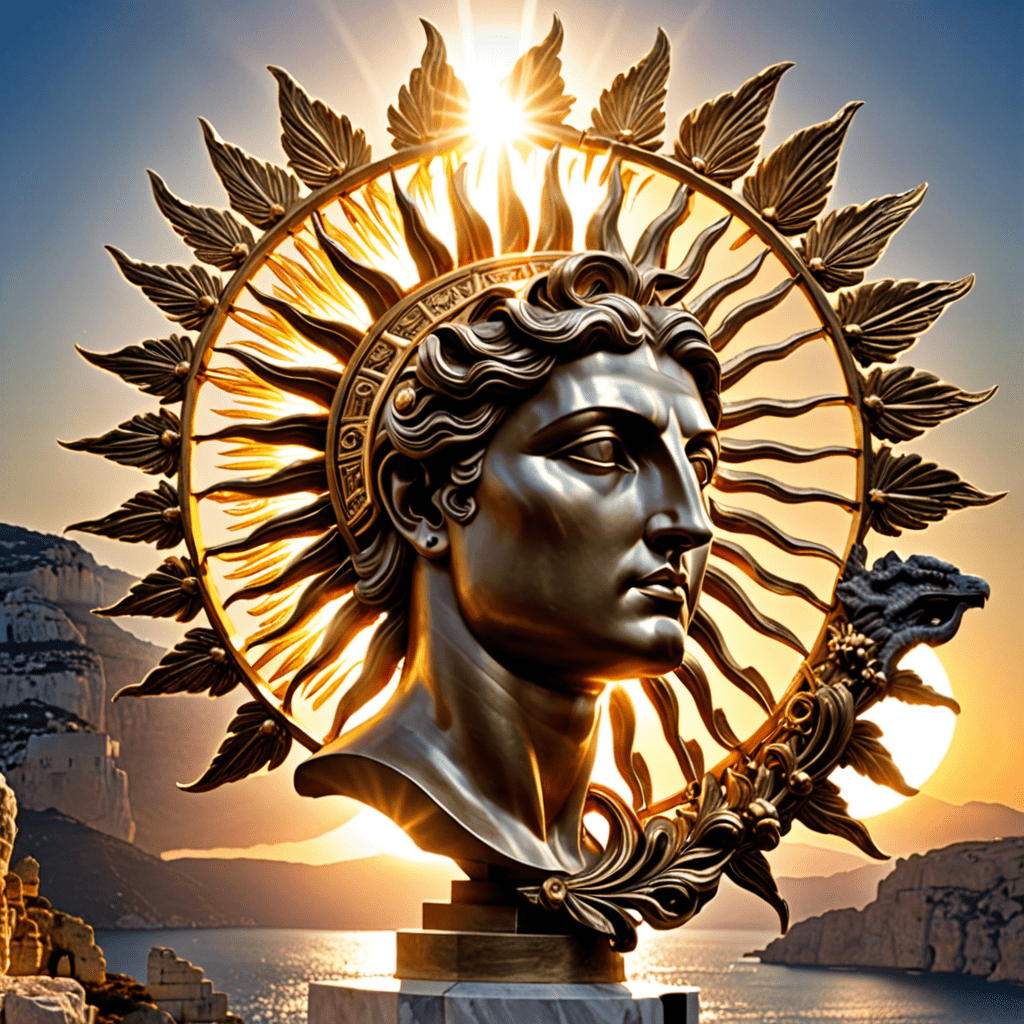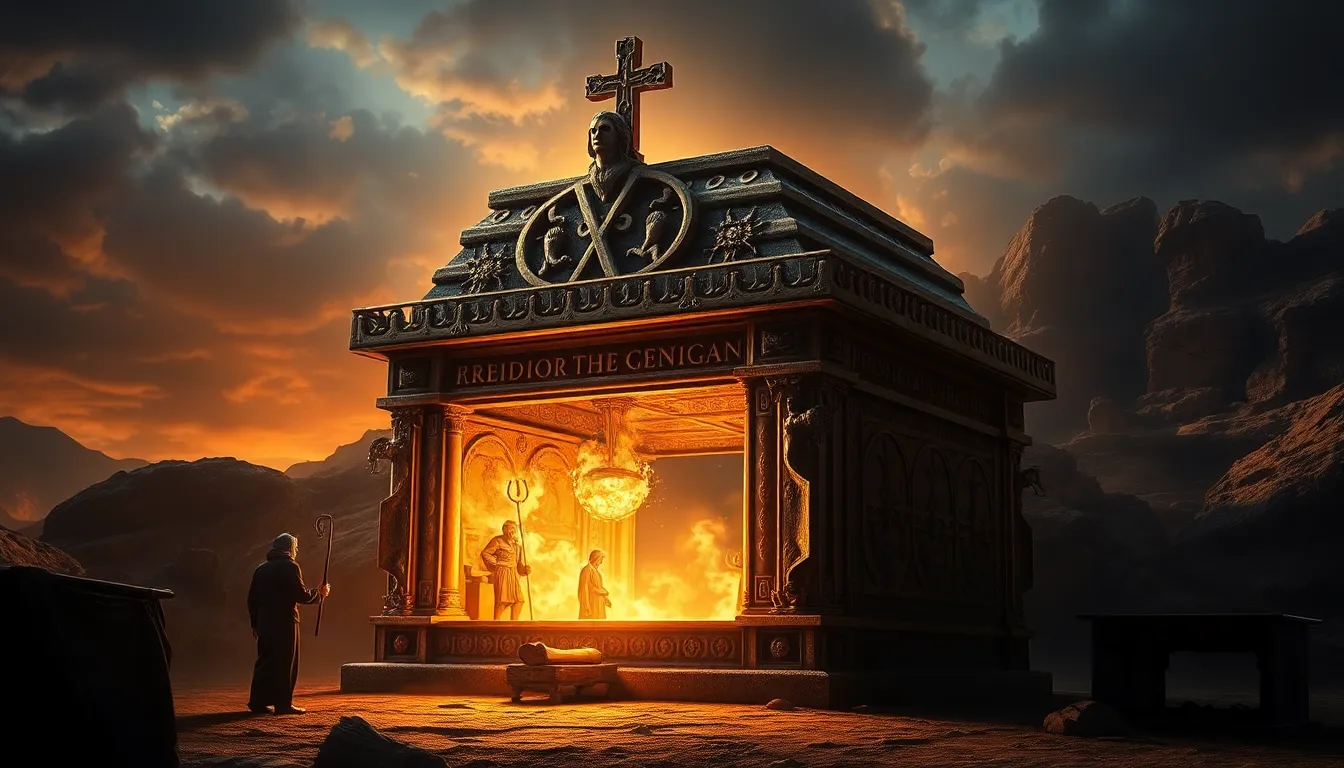The Symbolism of the Sun in Greek Mythology
In Greek mythology, the sun holds significant symbolism, representing various aspects of life, power, and cosmic order. Let’s explore the deep-rooted meanings associated with the sun in Greek myths.
1. Helios: The Personification of the Sun
Helios, the Greek god of the sun, is often depicted riding his chariot across the sky, bringing light and warmth to the world. He symbolizes vitality, illumination, and divine radiance. In mythological stories, Helios is also associated with truth and omniscience, as his all-seeing gaze penetrates every corner of the earth.
2. Apollo: The Sun God of Light and Arts
Apollo, the son of Zeus and Leto, is another prominent figure closely linked to the sun in Greek mythology. He represents artistic creativity, reason, and harmony, in addition to being the god of light and the sun. Apollo’s connection to the sun underscores its role in inspiring creativity and enlightenment.
3. Symbolism of the Sun in Greek Culture
Beyond the realm of gods and goddesses, the sun holds a symbolic significance in Greek culture. It symbolizes life, vitality, and fertility, with its warmth and light sustaining all living beings. The daily rising and setting of the sun mirror the cycles of birth, growth, and renewal.
4. Sun Worship and Rituals
Ancient Greeks held the sun in high esteem, worshipping it through various rituals and ceremonies. Sun worship played a crucial role in agricultural practices, as it was believed to ensure bountiful harvests and fertility. Festivals honoring the sun, such as the annual celebration of the winter solstice, highlighted the importance of solar symbolism in Greek life.
FAQ: The Symbolism of the Sun in Greek Mythology
What does the sun symbolize in Greek mythology?
In Greek mythology, the sun is often associated with gods such as Helios and Apollo. The sun symbolizes power, illumination, knowledge, and vitality. It represents life, truth, and enlightenment.
Who is Helios in Greek mythology?
Helios is the personification of the sun in Greek mythology. He is often depicted driving a chariot across the sky, bringing light and warmth to the world. Helios symbolizes the daily cycle of the sun and its life-giving properties.
What role does the sun play in the myth of Apollo?
Apollo, the god of the sun, light, music, and healing, is closely associated with the sun in Greek mythology. The sun symbolizes Apollo’s power, creativity, and ability to bring enlightenment and civilization to humanity.
How does Greek mythology use the sun to represent different aspects of life?
The sun in Greek mythology is not only a celestial body but also a symbol of various aspects of life. It represents strength, resilience, hope, and the cyclical nature of existence. The sun’s journey across the sky reflects the passage of time and the changing seasons.



